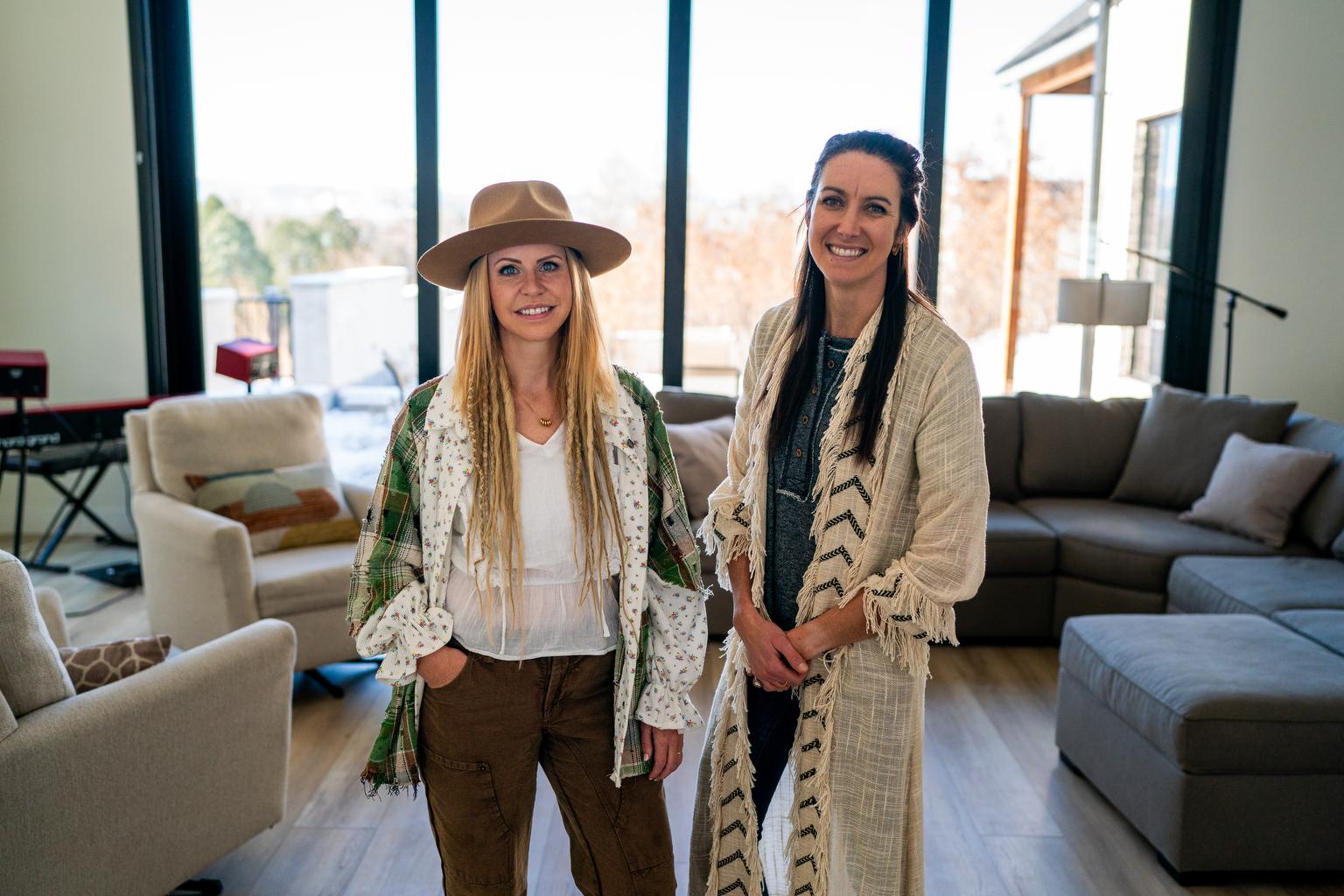
As multiple states pass bills restricting access to abortions, activists and lawmakers on both sides are examining the state of their abortion laws.
That’s true even in states like Colorado that have historically given women more access to abortion. The Centennial State was the first to ease restrictions, even before Roe vs. Wade.
Abortion remains one of the most politically divisive issues. Half of Americans think abortion is morally wrong, according to a Gallup poll, and 73 percent of liberals think it's morally acceptable while only 23 percent of conservatives do.
Vicki Cowart, CEO for Planned Parenthood of the Rocky Mountains, said the organization plans to push back against restrictive abortion laws where they are cropping up, and expanding services in more pro-abortion areas.
Planned Parenthood of the Rocky Mountains isn’t the only abortion provider in Colorado, but it is one of the largest. It also draws clientele from outside state lines.
Recent numbers from Planned Parenthood show that about 10 percent of abortions in Colorado are performed on women from other states. Most of them come from North and South Dakota and Wyoming, Cowart said.
“All states that don't have very much access to reproductive health care available,” she said. “So rather than drive across Texas, where a woman might have to see the provider two days in a row, it might just be easier for her to drive or fly to Denver.”

Cowart said she expects the numbers of women coming to Colorado seeking an abortion will rise because of the bans in places like Alabama and Missouri.
“When you make abortion illegal, you don't get rid of abortion. You just make it hard on people. You cause misery in people's lives. And sometimes as we saw pre-Roe, that results in even death,” Cowart said. “So women are going to travel, women are going to do what they need to do to be able to take care of themselves, and taking care of themselves may involve seeking an abortion.“
Cowart said the recent bans have been a long time coming, and she believes the Trump administration and conservative appointments to the Supreme Court have strengthened anti-abortion activists and lawmakers.
“Across the country, anti-abortion politicians have been emboldened by the Trump administration and they are doing whatever they need to to put safe and legal abortion out of the reach of people nationwide,” Cowart said.
However, she isn’t too concerned about restrictive laws coming to Colorado due to the state’s voting records and Democratic legislature. Several restrictive abortion laws have failed in previous years, and Coloradans have rejected several constitutional amendments through the years to restrict access to abortions.
That hasn’t stopped conservative legislators and anti-abortion groups from trying, however.
At the beginning of the year, Republican state lawmakers introduced a bill that would make it illegal to perform abortions in almost all cases. It failed early in the session.
Republican state Rep. Lori Saine introduced House Bill 1103 and she plans to introduce another one next session. The proposed bill would have made abortion illegal even in cases of rape and incest.

Saine said she doesn’t know if Colorado will pass restrictive laws, but there’s value in the process.
“I think in the trying, we're still changing hearts and minds,” she said. “I think that conversation is turning around. Whether I would guess that we'd have success next session, honestly, I don't know. It may not be very likely with this composition. But that's why we keep trying.”
The measure Saine proposed was similar to those passed recently in Alabama and Louisiana, but it went even further by defining the start of life at the moment of conception. Georgia and Louisiana’s new laws, for example, mark life beginning when a heartbeat is detected.
Saine also drew attention to the fact that women cross state lines to receive abortion care in Colorado.
“We have become that kind of state where people travel here from other states, and unfortunately that may increase if other states do enact some of these more restrictions on abortions,” she said.
Abortion rights are mobilizing Republicans and could “help at the ballot box,” Saine said, though she points out that Democratic lawmakers are also sponsoring so-called “heartbeat bills,” as in the case in Louisiana.
Meanwhile, proponents of an initiative to prevent most abortions after 22 weeks are working to put the issue before Colorado voters in the fall. Last week, the ballot measure was submitted to the Secretary of State's office. Saine said she isn’t associated with the initiative, and still needs to read the language.
It remains to be seen if the U.S. Supreme Court will take up the legality of Roe vs. Wade based on the laws passed in other states









